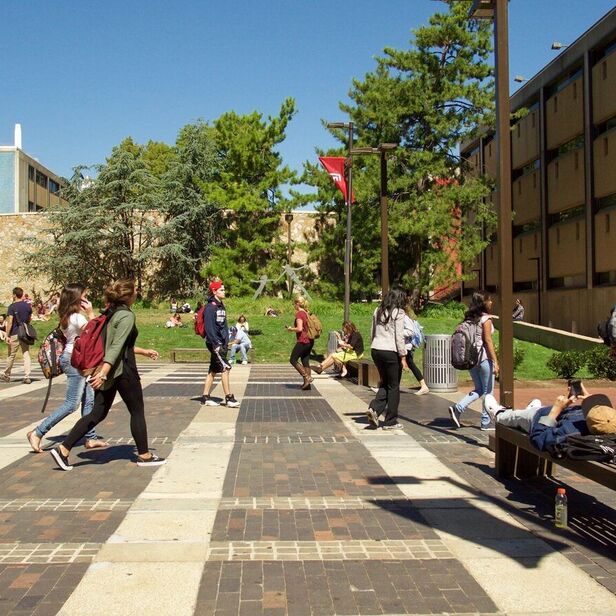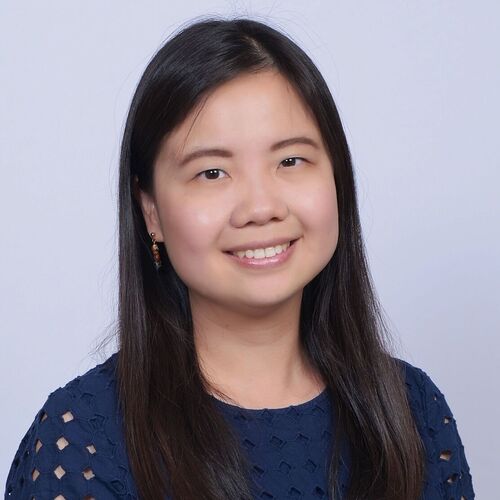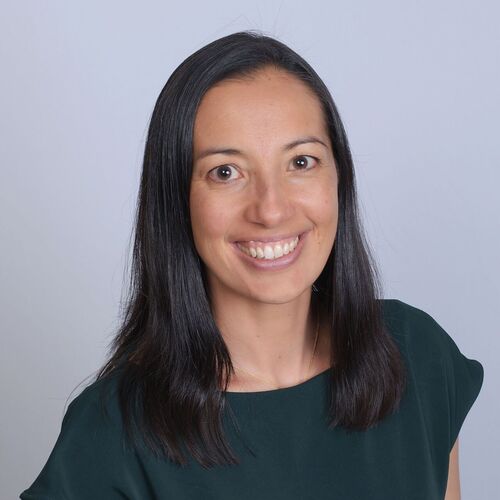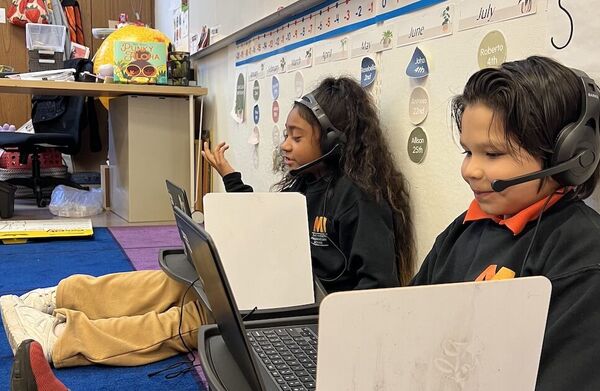
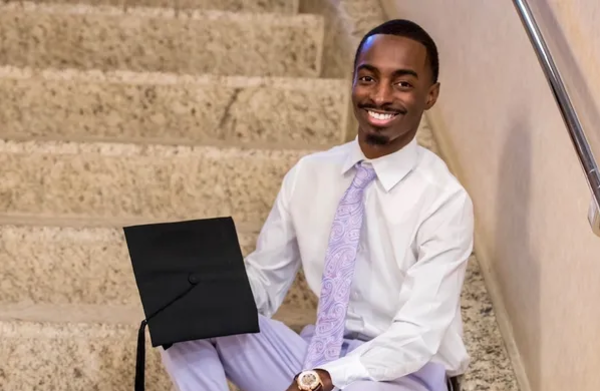
News
As states make it easier to become a teacher, are they reducing barriers or lowering the bar?
How basic skills exams keep aspiring teachers of color from entering the profession.
February 21, 2024

News
The Teacher Training Pathway Doesn’t Matter. What Matters Is That Teachers Stay
Three key strategies for preparing educators for long-term, committed success in the classroom.
February 05, 2024
News
East Texas Foundation Organizes Strategic Plan to Improve Early Literacy Education at Rural Schools
T.L.L. Temple Foundation invests in early literacy education in East TX with DFI and other partners.
January 22, 2024
News
Congresswoman Lee Introduces Bipartisan PATHS to Tutor Act to Expand Tutoring Access for Underserved Students
The bill would expand access to 1:1 and small group tutoring for students in underserved communities
January 17, 2024
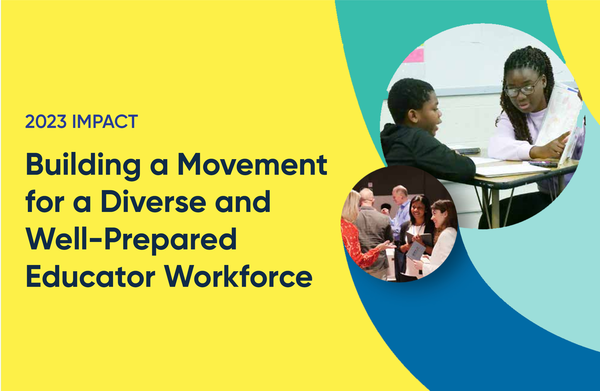
Blog
Our impact in 2023
Building a movement for a diverse and well-prepared educator workforce.
December 14, 2023
News
Austin Peay State University joins National Teacher Apprenticeship Collaborative
Austin Peay State University joins 31 other programs from 17 states in this collaborative.
November 19, 2023

Blog
Deans for Impact and the National Center for Grow Your Own Launch Teacher Apprenticeship Collaborative
Today, we launched the National Registered Apprenticeship in Teaching Ed-Prep Program Collaborative.
November 14, 2023
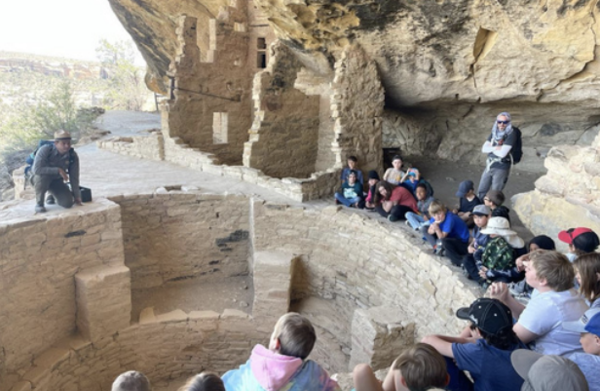
Blog
‘Shifting the lift:’ how one district is using cognitive science to transform teaching and learning
We worked with Delta County School District to apply learning science to teaching practice.
September 27, 2023
News
Pearl Launches Tutoring Ecosystem with 10 of the Nation’s Leading Education Organizations
Top research organizations join the strategic partnership to support relationship-based tutoring.
September 13, 2023
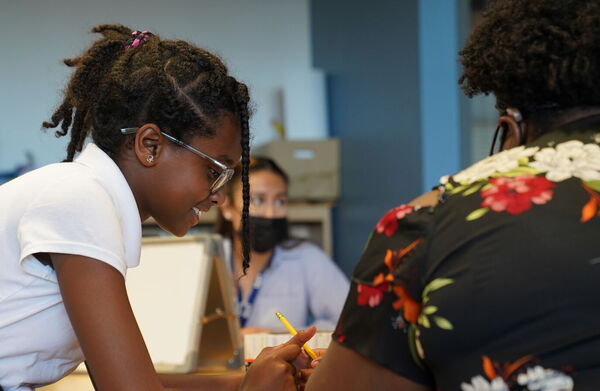
Blog
Creating a future where every child has access to well-prepared teachers
We work across levels of the system to ensure that all students have access to great teachers.
September 12, 2023
News
Oswego Dean Selected for Impact Academy Fellowship by DFI
The Dean of SUNY Oswego's School of Education was named an Impact Academy fellow.
August 27, 2023
